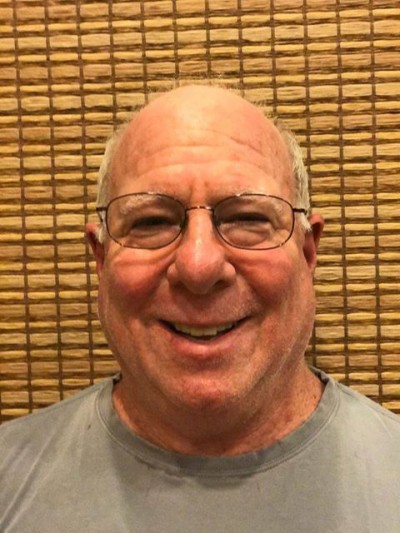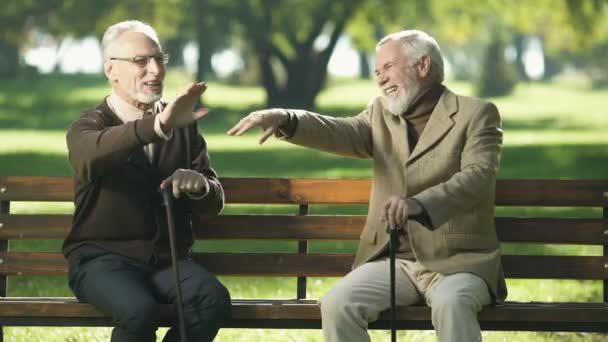Marc Blesoff was a criminal defense attorney for 35 years. Six years ago, he began facilitating Conscious Aging workshops. He says that helped him melt the armor he’d built up as a defense lawyer. He’s a founding member of A Tribe Called Aging, which defines itself as a group of “activists and thinkers trying to understand and change our culture’s outlook, policies and fears about aging and dying.”
Three days ago, I had a face-to-face meeting with another person for the first time in over a year. Two days ago, I had coffee on my front porch with a friend for the first time in over a year. Yesterday, accompanied by my daughter, I went shopping at Costco for the first time in over a year. What a week, and what a year.
It felt like the “old normal.” My meeting lasted for two hours and we could have kept going; I still make my coffee too strong; I spent more than I needed to at Costco. Some things never change.
Before you read any further, let me be clear—I am not advocating stupidity. For those of us who have been so careful for so long, abandoning caution now would be plain stupid.
My face-to-face meeting was outside, both of us vaccinated, sitting at each end of a park bench, wearing masks. My friend is vaccinated, and we sat more than six feet apart as we sipped coffee on the front porch. My daughter, who’s been in my bubble since December, is vaccinated, and we shopped wearing masks.
Caution definitely needs to be part of the unfolding new normal. As do the many improvements forced upon us by COVID-19, such as working from home, telehealth and digital meetings.
As we shopped, I couldn’t help but notice how my daughter shouldered much of the load—she was more organized than I was, made great suggestions, lifted the 40-pound bag of dog food and remembered the several items I failed to get. I had this clear sense of just how I was getting older. Out of the blue, I thought how I’d already outlived my father by six years. The last time I saw my father alive flashed before my eyes.
As I drove out of the parking lot, thoughts came quickly, including: it was good to be back shopping in person; how fortunate I am to have had supplies delivered to my door for over a year; and a question, how many more times would I get to shop at Costco before I died? Suddenly, I realized how poignant my relatively mundane shopping trip had become.
The pandemic experience is allowing me to appreciate things I’d taken for granted. And that reminded me how my aging has helped me to slow down, to take notice and, sometimes, to appreciate seemingly small things.
That’s when the tears started—not sobbing tears, but poignancy tears, the kind you can keep to yourself, but tears, nonetheless. Sitting beside me in the front seat, my daughter didn’t notice. Wondering what these tears were about, I realized that it wasn’t just how many more times might I get to Costco, or my own dad’s death. It was also about my daughter, and how many more times I’ll get to be with her, and how she’ll feel after I die. And then it was about the rest of my family too. It was a serious, realistic and honest awareness of my mortality.
There I was, driving home with the groceries and feeling, actually feeling, the inevitable.

Marc Blesoff was a criminal defense attorney for 35 years, then he began facilitating Conscious Aging workshops, which has helped him melt the armor he’d built up as a defense lawyer. He’s a founding member of Courageus (formerly A Tribe Called Aging), a group of activists and thinkers trying to re-frame our culture’s outlook, policies and fears about aging and dying. Currently, he is the chairperson of the Oak Park, IL Aging-In-Place Commission.



